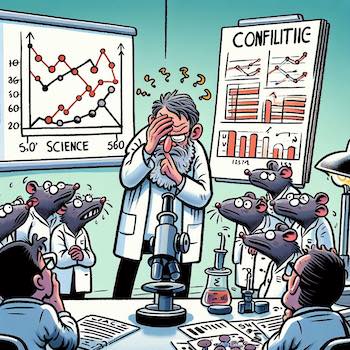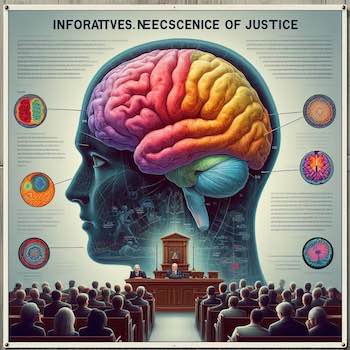Taking action
Switch Charles Pépin makes a brilliant essay on How to Take Action. His advice can be summed up as follows: “Prepare to never be ready.” Certainties hinder action, disorient us if the course is not compliant. To decide is “to go there to see […] go there because we don’t know enough […] otherwise, we … Read more










